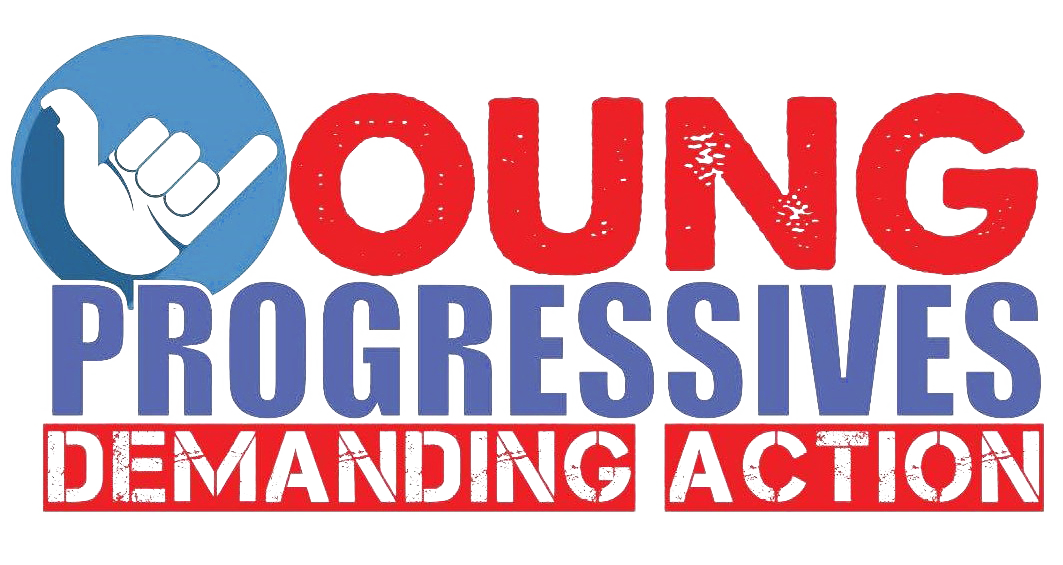Micah Hicks, Economic Justice Action Committee Chair (2020-21)
From the Honolulu Star-Advteriser
Excerpt:
A public bank, as proposed by state Rep. Dale Kobayashi last legislative session, is a key institution for enabling that kind of resiliency. Indeed, the Bank of North Dakota (BND), the U.S.’s sole state-owned public bank, is credited with doing just that in 2008 by no less than The Wall Street Journal. The bank is further credited for the fact that North Dakota received more per-capita PPP (Paycheck Protection Program) dollars in 2020 than any other state, 25% more per-capita than Hawaiʻi.
So what is it? A public bank is an independent entity that serves as the depository institution for state and local funds and is chartered to serve the public good, rather than maximizing short-term profitability. It uses state and local government deposits and its initial capitalization to both extend the lending capacity of local private banks into key areas, such as affordable housing, and to provide direct loans to private and public projects.
Changing how we finance things hardly sounds exciting. But its impact could be profound. Traditional bond financing can easily double the cost of debt. Hawaii has some $8 billion of outstanding debt. If all of that debt were financed via 20-year, 5% coupon rate bonds — not uncommon terms — the taxpayer would pay a total of $16 billion for that $8 billion debt. Making matters worse, most of our bond payments go straight to Wall Street bankers, leaving our economy for good.
Public banks enable more than just cheaper government project financing. They are a critical partner for local businesses: extending critical credit when times are bad and supporting growth when times are good. In Germany, public banks have allowed local businesses and community organizations to own and develop renewable energy and are critical partners for small-medium-enterprises.
